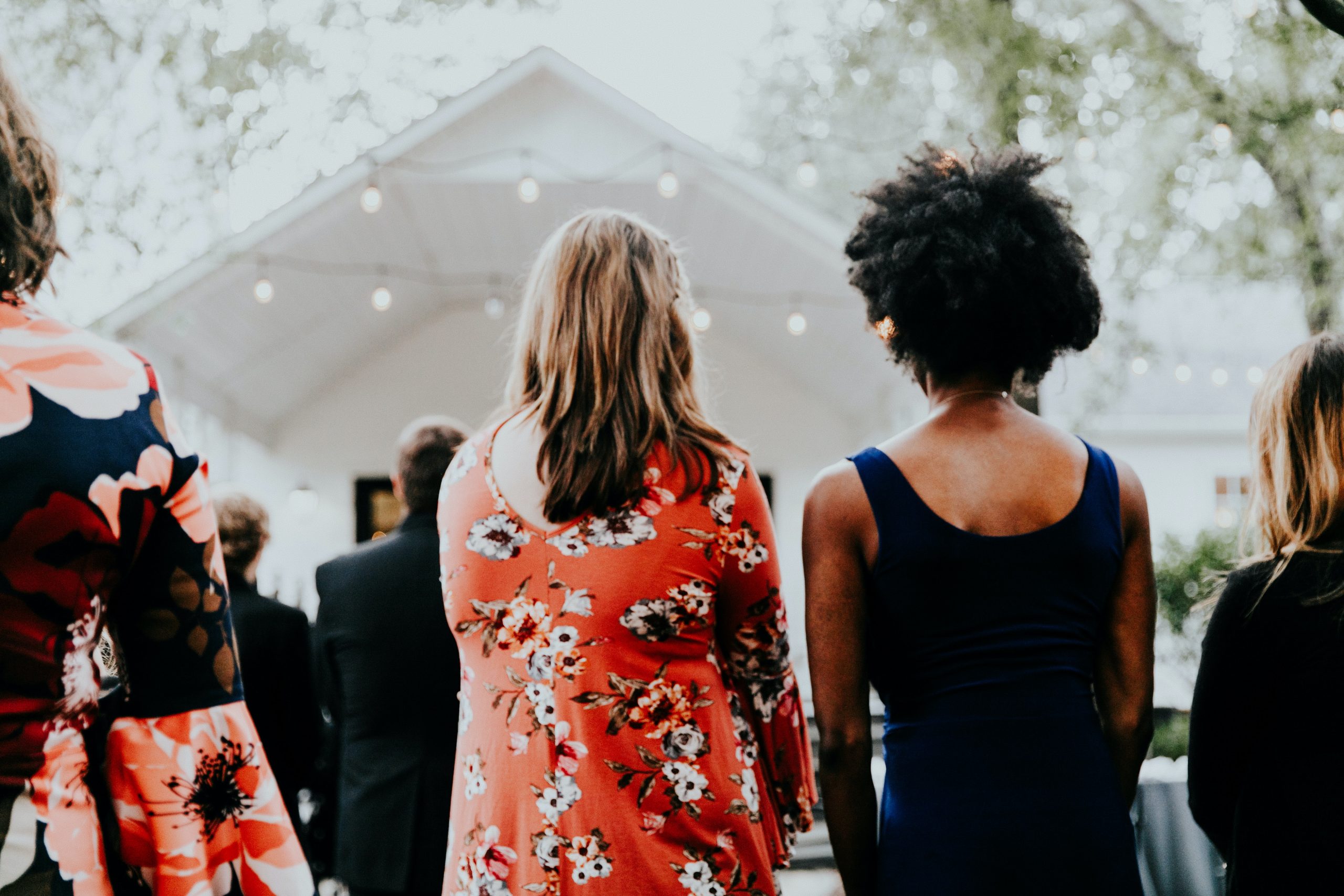Last week I was invited to a community event called the Sons of Former Slaves and Sons of Former Slave Owners. One of my 3 flaws is that I sometimes struggle to pay attention to all the details presented to me in print form. I actually thought I was going to a “Sons of Slaves” event, so you can imagine my surprise to walk into the room and see white faces. That was when my mind recalled the image of the promo, and I thought…”Oh, AND Sons of Slave Owners… I should’ve invited some of my white friends”. I left my house for the event thinking I’d be in a room with black intellectuals discussing race issues, and I was intrigued to see how the conversation would go. Once I got there and saw the room filling up with black, brown, and white faces I was very intrigued to see what the conversation would be. I’ve spent the last two years of my life having conversations about race both on social media and IRL, so I had some idea of the things that I’d hear in this room. Typically these conversations have some of the same talking points like: white privilege, systemic oppression, police brutality, and racial bias. I left the house thinking I’d be engaging in stimulating conversation with other black men who understand what it is to be the “other” in America. I walked in the door and expected to engage in familiar dialog of a different sort, but still within my comfort zone. What followed was a dialog unlike any other conversation I’ve ever had about race or anything else for that matter.
There were 17 men in the room and we all sat in chairs arranged in a circle. In the center were several images of current events regarding race that were laying on top of a baby doll. The moderator, Eric Butler, briefly explained the rules of engagement and asked us all to share what values we would want to instill in this baby. We passed around the “talking stick” and each shared the value we thought we would be important for a child growing up in this world should have. After each man spoke, Eric asked us if we all agreed with the value. If everyone said yes, we would move on to the next man. Everything was going smoothly enough. There weren’t any huge disagreements over the values. Then after one of the guys advocated for empathy to be a value for our baby, Eric, wanting to stir the pot and make things interesting, shouted: “NAH F*CK THAT, I DON’T BELIEVE Y’ALL!”

He went on to challenge our collective commitment to empathy in the wake of the Nia Wilson murder here in the Bay Area. Eric shared his feelings about whether or not the non-blacks in the room had the capacity to empathize with black pain. He said: “Y’all aren’t feeling what we are feeling”. It was a valid viewpoint. The proposition that he rolled out for the room to wrestle with was whether people outside of his village could deeply feel the pain, outrage, confusion, or anguish of those in his village. From that tension I asked the non-black men in the room if they ever felt as though they are not allowed to express true empathy because of sentiments like the one Eric expressed. Many of them nodded, and then Aazar, an Afghan gentlemen sitting to my left shared that he thought we might be conflating empathy and sympathy. After Aazar’s comment, we took a journey even deeper into the complexity of understanding what it means to be empathetic across cultural boundaries.
The man who introduced the idea of empathy to the conversation was a black man named Joe. When I met Joe before we sat in the circle together I was a little intimidated. Another of my 3 flaws is that I expect people to be overly friendly when I meet them, and if they’re not, I consider the interaction cold. As an extravert, I tend to greet people with a smile, and I will usually feel a burden to get to know something about them. Joe had no such compulsion. He greeted me with a hello, nice to meet you and moved on. He spoke with a firm voice and had a “don’t start nothing, won’t be nothing” kind of demeanor. Even in the circle where we were all encouraged to share our truth and be willing to challenge one another I felt a little uneasy challenging Joe. After Aazar made his comment, Joe said “I feel insulted almost right now. I feel insulted off what you just said. I’m a very educated man with life and school wise.” Joe went on to explain an understanding and experience with empathy that was absolutely breathtaking.
Joe shared with us that he had spent 35 of his 40 plus years of his life in prison (27 of which were for murder). He told us that after he heard about Nia Wilson being murdered by a white man in what many have proclaimed a hate crime, his first feeling was empathy for the man who killed her. He shared from personal experience that violent behavior is inherited through life experience and trauma, and that people aren’t born violent. He said he didn’t absolve the killer of his sins or his crime because it’s not his place to do so, but that he wanted to understand what happened in his life what would lead him to take the life of a young girl he didn’t know. Talk about empathy. Are you kidding me?!?!? I don’t have the words to accurately explain what I felt in that moment. I may have been a little dismayed while at the same time filled with wonder at what I had just heard. It hadn’t occurred to me that empathy isn’t a biased virtue. I think I may have held the belief that empathy was earned, but empathy, like grace, is a virtue that can be extended to whomever we chose. The idea that something as beautiful as empathy could or would be expressed for a murderer was in conflict with my tidy ideas of who gets to receive God’s gifts of grace or empathy. Consequently, I understood Joe a lot more after his vulnerability with us. In that moment he was no longer a cold stranger I met at a gathering, but he started to feel like my brother or at least someone I would never forget.
There are several other remarkable moments from this gathering that I’ll likely share in future blogs. There were stories of unprecedented forgiveness, unparalleled inter-racial conversations, and camaraderie that made me leave and pronounce this gathering the best church service I’d ever been to. In fact I told Eric that as I was leaving. He said: “My grandmother always told me I’d be a preacher.” I told him, she was right, and he’s fulfilling her prophesy. No one in that room professed what faith they hailed from if any, and there were more than a few profanity laced conversations and speeches. Still, somehow I sensed a Divine presence among us. I didn’t sense it because of my favorite song or a great sermon, but because citizens from the community gathered to break bread and share their lives, beliefs, disagreements, and truths with one another. It certainly felt incredibly uncomfortable at times and maybe even a little wild, but perhaps wild is what the world needs right now.
Is there someone or a group of people you struggle to have empathy for?
How can we create more circles like the one I described above in other communities?



